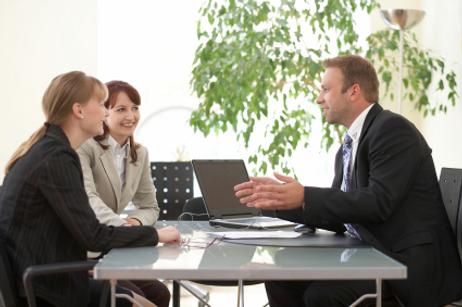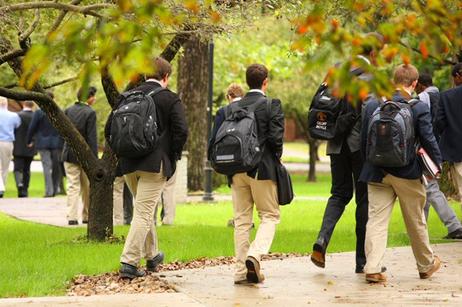Life-changing events dot history's pages. Wars, hurricanes, tornados, terrorist attacks - the list goes on and on. Just when we thought that we couldn't imagine anything worse, in early 2020 along came the COVID-19 pandemic. It has brought our economy and our lives to a screeching halt. Will life ever be the same?
Now, if you are thinking about private school for your child in the aftermath of the COVID-19 pandemic, you should exercise even more due diligence than you usually would. After all, sending your child to private school is a major expense for most families.
Note: The information that follows does not constitute financial or legal advice. Always consult your financial advisor and attorney when making any significant expenditure.
How private schools operate
Most private schools have one major revenue stream, namely, tuition fees. If that revenue stream is compromised, the school's ability to survive will be doubtful. Essentially, if a school cannot fill its available seats, its financial future will be bleak. It will be on life support before much longer and may have to cease operations. Sadly, most schools have had to cancel their summer sessions. Summer sessions have traditionally been reliable revenue producers for schools. Some schools have rented out their facilities during the summer to outside organizations such as computer camps or soccer camps. That revenue stream may not always be available.
The other factor to consider is that the pandemic may require schools to remain closed into the




-8okvj5w8m60w0ws40oocok84w-462.jpg)





















